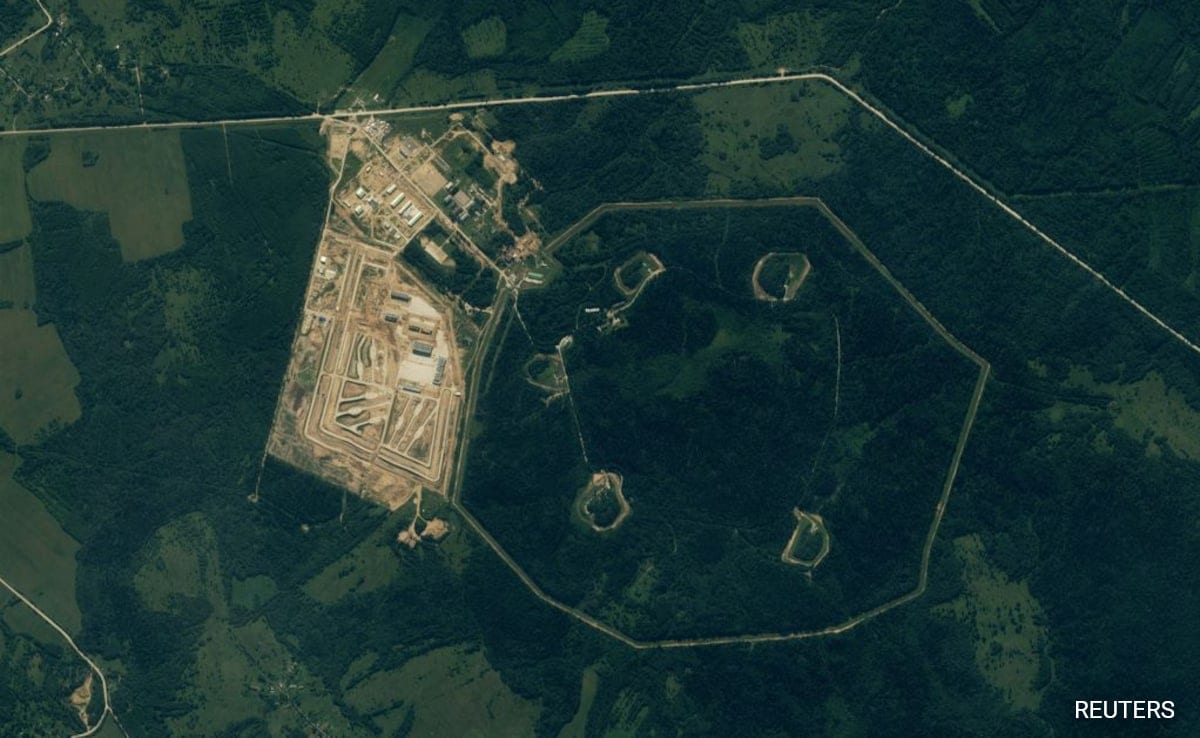Recent satellite imagery has led U.S. researchers to identify a probable deployment site for Russia’s 9M370 Burevestnik, a nuclear-powered, nuclear-armed cruise missile described by President Vladimir Putin as “invincible.” This missile, known to NATO as the SSC-X-9 Skyfall, boasts an almost unlimited range and the ability to evade U.S. missile defenses. However, these claims are met with skepticism by Western experts.
A New Deployment Site Identified
On July 26, satellite images from Planet Labs revealed a construction project near the Vologda-20 nuclear warhead storage facility, about 295 miles north of Moscow. Analysts Decker Eveleth and Jeffery Lewis identified this site as a probable location for the Burevestnik missile’s deployment. The facility features nine horizontal launch pads within protective berms, which Eveleth believes are part of a large, fixed missile system likely meant for the Burevestnik.
Safety Concerns and Strategic Value
Despite the advancements in deploying the Burevestnik, its test history has been marred by failures. According to the Nuclear Threat Initiative (NTI), the missile has undergone at least 13 tests since 2016, with only two partial successes. The risks associated with the missile include the potential for radiation leaks during flight, raising concerns about its safety and strategic value.
Experts, including Lewis and Pavel Podvig, argue that the Burevestnik does not add significant capabilities to Russia’s existing nuclear arsenal. They also highlight the dangers of deploying a nuclear-powered missile that could pose a greater threat to Russia itself than to its adversaries.
International Reactions and Future Implications
The identification of this site suggests that Russia is moving forward with the missile’s deployment, despite its poor test record and the potential risks. This development comes at a time when Russia’s Deputy Foreign Minister Sergei Ryabkov indicated possible changes to the country’s nuclear guidelines in response to perceived Western escalations in the Ukraine conflict.
While the Burevestnik is not covered under the New START treaty, which expires in 2026, its deployment could further complicate arms control negotiations between Russia and the United States. Some experts believe that Russia might use the missile as a bargaining tool in future discussions.







